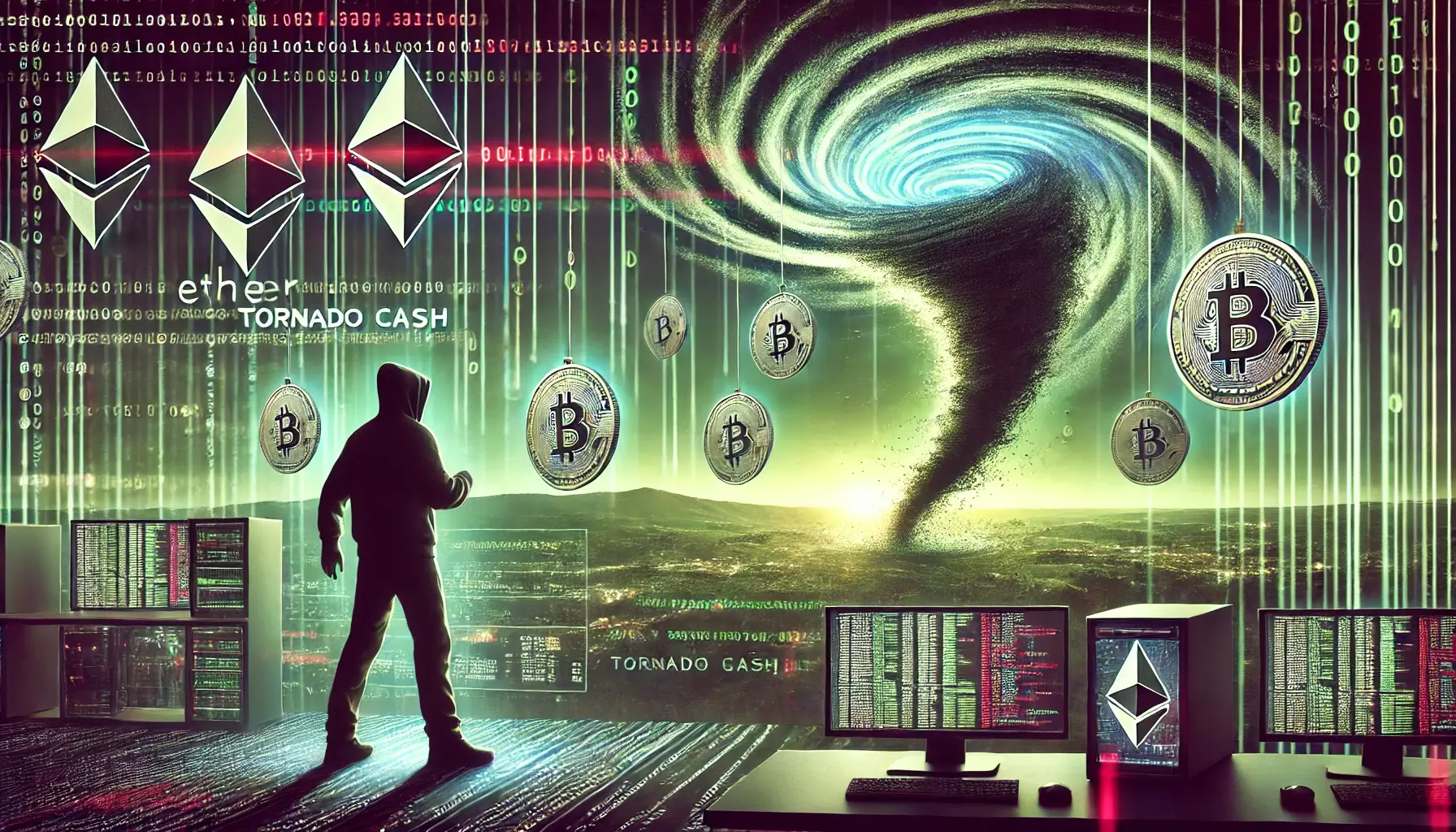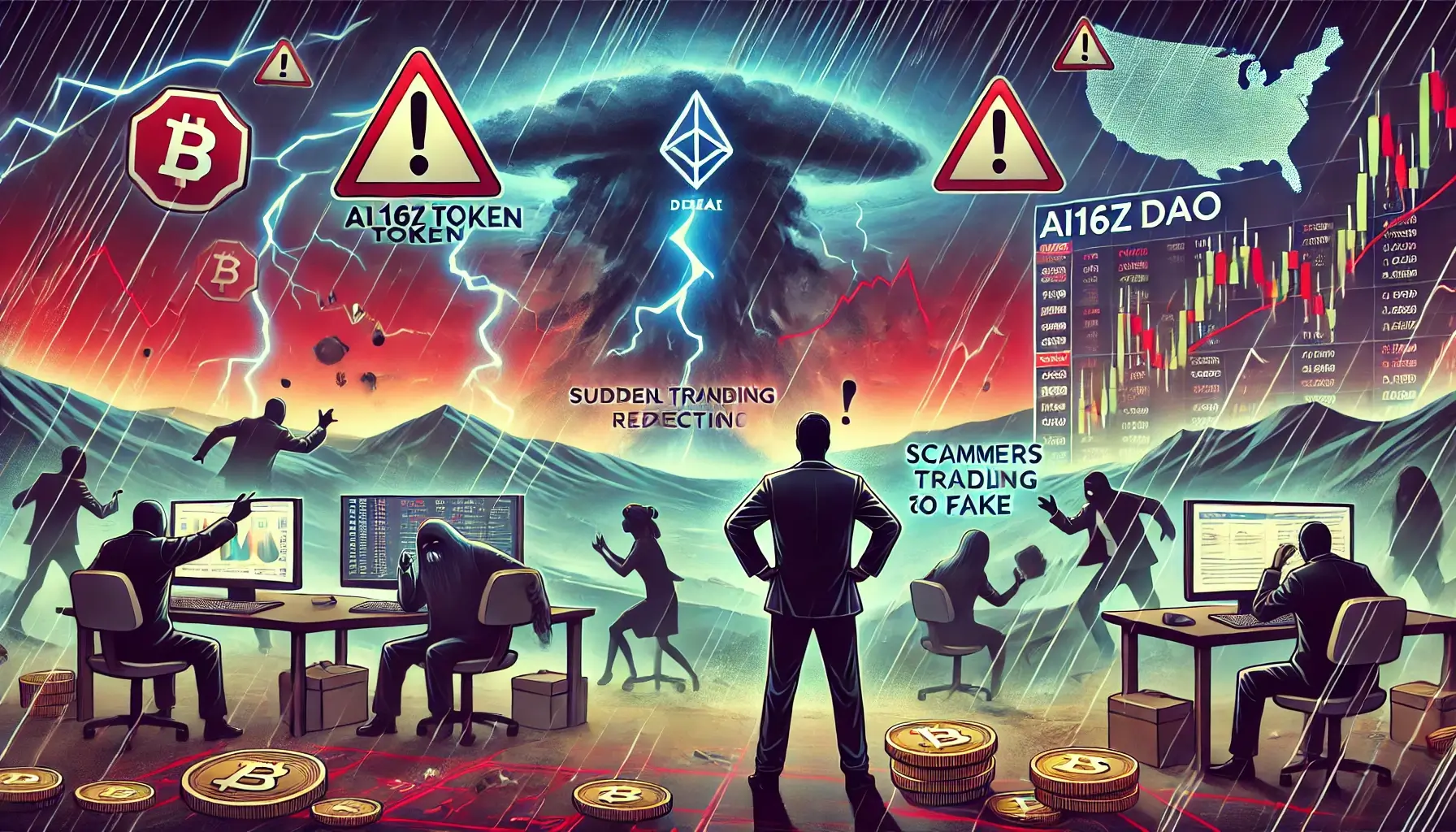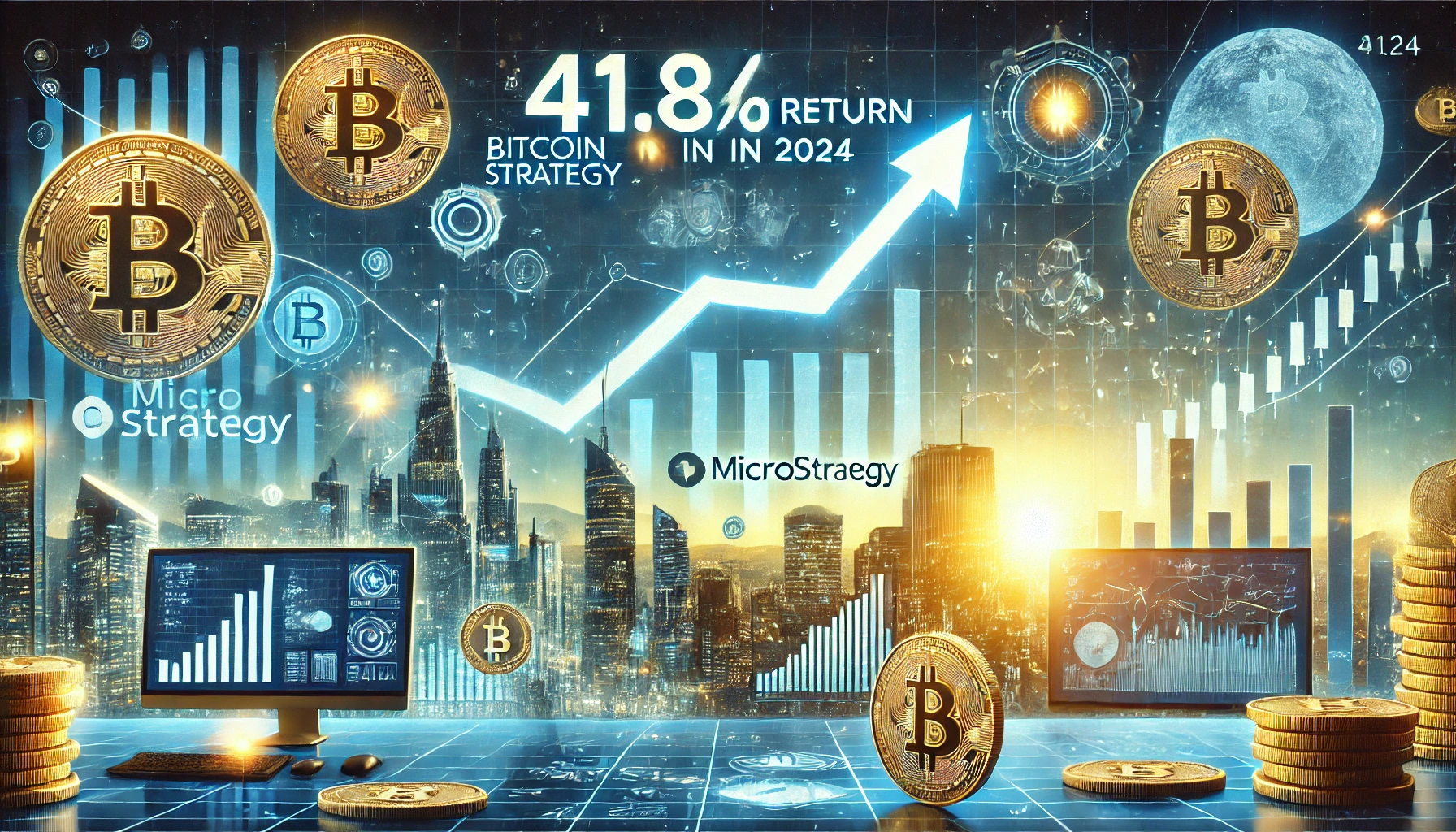In a major development for cryptocurrency derivatives trading, Deribit, a leading crypto derivatives exchange, is integrating Ethena’s synthetic stablecoin, USDe, into its cross-collateral pool, starting January 2025, pending regulatory approval.
Ethena’s USDe, a synthetic dollar pegged to the US dollar, stands out with its decentralized backing via delta-hedging derivatives in perpetual and futures markets. Unlike traditional stablecoins backed by physical reserves, USDe emphasizes decentralization while ensuring stability.
“This initiative will pave the way for completely new structured product use cases,” said Guy Young, founder of Ethena Labs, highlighting the potential impact of the integration. He noted that Deribit’s dominance in the cryptocurrency options market, with an 85% share, positions it as a crucial platform for USDe adoption.
As part of the integration, USDe will be usable as margin collateral on Deribit, enabling traders to earn rewards and explore innovative trading opportunities.
The move also marks another milestone for Ethena Labs, whose synthetic stablecoin is gaining traction across other exchanges, including Bitget and Gate.
The announcement has fueled optimism in Ethena’s ecosystem. Its governance token, ENA, saw a 13% price surge, reaching $0.63 intraday before stabilizing at $0.5896. ENA has gained approximately 62% over the past month, signaling growing investor confidence in Ethena’s financial products.
Founded in 2023, Ethena Labs is expanding its portfolio, including a collaboration with BlackRock and Securitize to develop a new stablecoin, UStb (USTB).
Deribit’s partnership with Ethena underscores its commitment to bridging traditional and decentralized finance, positioning USDe to redefine margin trading and attract participants from both sectors.
Source: Deribit Exchange announces integration of Ethena’s USDe as margin collateral


.png)

.png)


.png)









